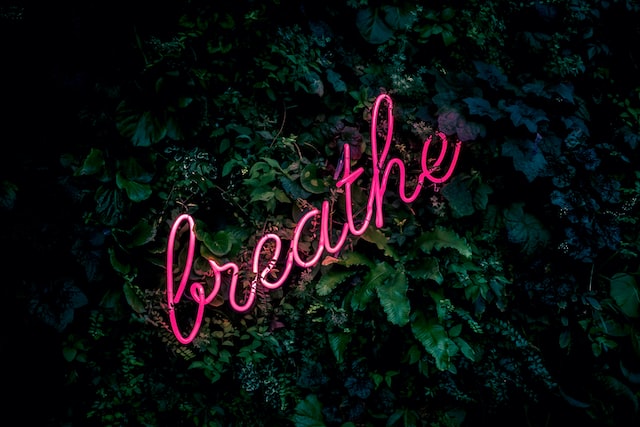What to do When You Feel Overwhelmed

Have you ever had an experience that caused you such intense feelings you could hardly contain yourself–like you were overflowing with emotions? That is the feeling of being overwhelmed. This happens when something causes an intense reaction in you, either emotionally or physically. You may react with happiness, tears, anger or a combination of all three depending on the situation. Overwhelm can also be a feeling that builds over time, with one small event being the “straw that breaks the camel’s back”. This can happen when you ignore small things that bother you which eventually end up turning into a mountain of resentment. You might become overwhelmed when all the things you ignored come crashing down on you all at once. Negative overwhelm can also…







